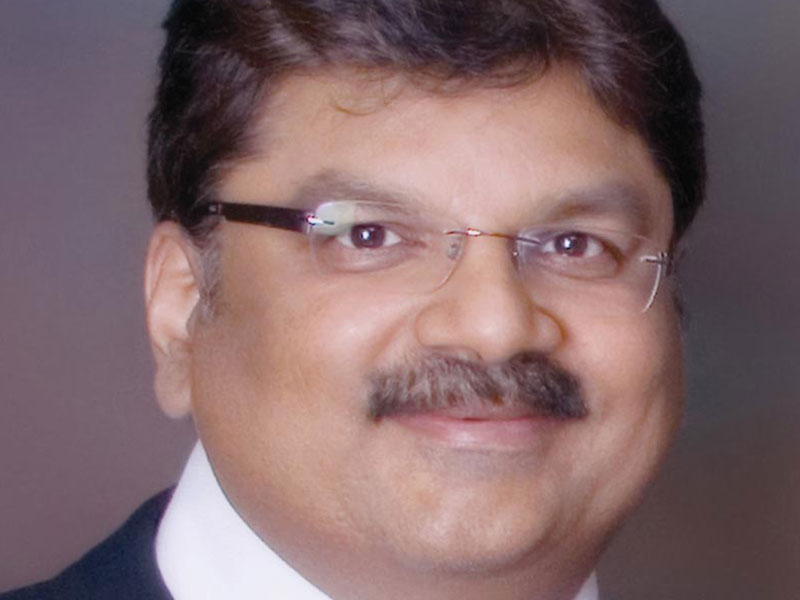 Shailesh Dalmia
Shailesh Dalmia
Honorary Secretary, N.L. Dalmia Educational Society
A commerce and law graduate of Mumbai University, Shailesh Dalmia is honorary secretary of the Mumbai-based Niranjanlal Dalmia Educational Society (estb.1982). The society manages three education institutions in Thane, Mumbai, including the CISCE-affiliated N.L. Dalmia High School; N.L. Dalmia College of Arts, Science & Commerce and the N.L. Dalmia Institute of Management Studies & Research with a total of 4,500 students and 225 teachers.
N.L. Dalmia institutions’ response to the Covid-19 disruption.
We have responded effectively to the disruption, transforming it into an opportunity to incorporate blended learning in all our institutions although new technologies are not novel for us. For the past few years, our management institute has successfully integrated technology into teaching-learning with students familiarised with latest software such as Tableau, SAS, SPSS, among others. Now all our institutions have switched to the online learning mode. Google Classroom is being used extensively for teaching, creating assignments and question banks. In short, our teachers and students have quickly adapted to the online medium.
Major challenges confronting Indian K-12 education in the Covid era.
The new reality of virtual learning has thrown up several challenges. Can remote teaching assure student engagement and learning outcomes? Can the entire curriculum be delivered effectively through remote teaching? Are teachers sufficiently equipped to impart effective online learning? Is our nation’s infrastructure ready for digital learning across all regions, including rural areas? These challenges have to be addressed by the academic community through innovative solutions.
On state governments’ fees waiver/deferment circulars to private school managements.
The Covid-19 pandemic has disrupted entire industries and economies. Therefore, why target the education system singularly? Education institutions are obliged to pay teachers and staff salaries and continue to meet overhead expenses and service loans irrespective of the lockdown. The cost of school operations has not decreased in any way but will increase exponentially to ensure complete compliance with government safety and hygiene norms once schools reopen. Government has to be fair to both service providers and consumers.
Top 3 proposals for reforming K-12 education in India.
- Invest in digital infrastructure to enhance teaching-learning. Equipping schools with digital infrastructure and training teachers in digital skills and online pedagogies has become imperative in the post-Covid world of education
- Implement blended learning model. Blended learning which balances online and conventional teaching is here to stay. Curriculums should be redesigned to enable and popularise blended learning
- Reform teacher training. The Covid-19 disruption has highlighted the urgency to focus on continuous professional development. Teachers need to be equipped with the skills to adapt to change and prepare learners for the uncertain future.
Future plans…
Tamaso ma jyotirgamay — ‘from darkness, lead me to light’ — has been our guiding principle. Our goal is to expand and provide learning opportunities in K-12 and higher education with the long-term goal being to promote an N.L. Dalmia University.

























